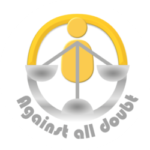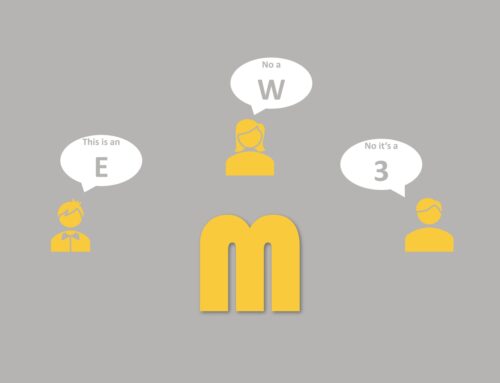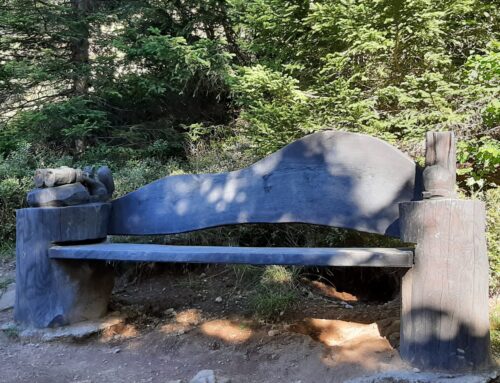Because, yes, employers also have homework to do at this point, which I have described in Burnout Prevention at Work, but you can also protect yourself.
Burnout prevention is not the task of one party, but by working together we can put Burnout in its place.
S- Stresscyle ending
Because we all experience stressful situations every day and we should end them in the evening. This is the only way for our body to realize that it can now switch to relaxation.
Our body still reacts as it did 1,000 years ago when we had to flee from wild animals.
There is no shame in working on yourself!
TR – Trigger finding
Looking at the burnout prevention plan the very first thing we have to do is to find out what triggers stress in us. Namely, the positive and negative stress. What are trigger? Is it for example the bad comment from your colleague, or the extra task you got. Or is it things like the noise from the street when you are lying in bed at night, or your partner who is always doing xy. All these can be triggers. As a small support for this you can download a list of possible stress factors.
O- Open for change
The next step in burnout prevention is to consider which of the triggers can be changed and which cannot. That is, can you switch off triggers, or do you need to learn to deal with them differently. For example, let’s look at the noise from the street. Do you have the possibility to move your bedroom to another, quieter room? No, what about soundproof windows? Earplugs? This may be something you can change. It is similar with the additional task. Honestly, how often do you simply say yes to this task in order not to look like a fool in front of the boss? You could also ask instead, which of your other tasks cannot be done for it, or where in the priority list this task should be placed.
As you can see from these two examples, it is often possible to eliminate your stressors and triggers, but to do so requires active change. This is the most difficult step, because changing yourself and your behavior is not easy, but it can be done.
N- New Resilience
Resilience, also adaptability, is the process in which individuals respond to problems and changes by adjusting their behavior (Wikipedia).
It is also important to know that resilience is not a trait that one is born with and is simply always equally good. Resilience is more like a muscle that you can build and then train to maintain. And building stress resilience is the 4 Step to burnout prevention.
There are different building blocks for this. One building block is to become clear about one’s own values and goals and what one’s personal life balance ideally looks like.
Another building block is dealing with change. Understanding what triggers a change in you already helps to deal with it better and to develop mechanisms that make it easier for you.
A third building block that I would like to reveal to you today is the activation of resources. What is meant by this? Well, you may have experienced and mastered a similar situation before. Ask yourself how you managed it back then. Maybe this is also applicable now. Make yourself aware of your own resources. Write down a resource for each letter of the alphabet. This can be something like A- approach others openly or T- trustworthy or R- rather honest than comfortable.
G- EnerGy sources
The last point I would like to make for burnout prevention is to take a look at your different areas and people in your life. I think you will find things that you do that give you energy and others that rob you of energy. For example, when I go hiking in the mountains, I am physically exhausted, but I still have energy. It is similar with the people around you. For example, you meet with person A and come home completely drained. If the same meeting takes place with person B, you are balanced or full of new energy afterwards.
For deeper insights into the burnout prevention formular sign up for one of my workshops or arrange a meeting with me. I would also be happy to present my STRONG formula in a talk on the topic of burnout prevention.






